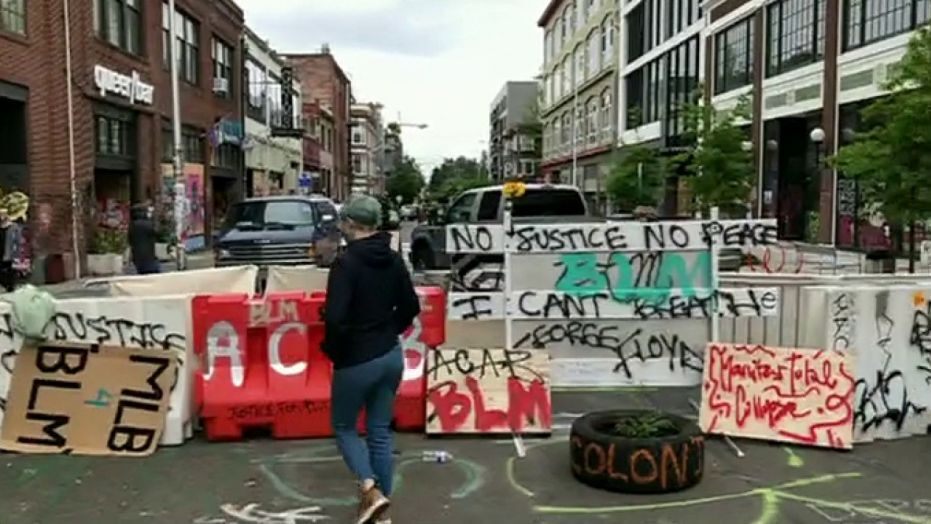The race debate prompted by George Floyd’s killing rages on, with the protestors coalescing around a “Defund the Police” mantra, and their antipodes twisting pretzels in order to rebut the assertions of ‘systemic’ police racism.
Just as I found the phrase “Defund the Police” sloppy and producing different meanings from different sources, I find the use of the word “systemic” as sloppy, as loose, as vague, and as subject to personal projection and disparate interpretations.
I also think that the debate has come to focus on the wrong thing. It seems there’s more interest, at this point, in getting people to affirm that systemic racism exists (definition TBD) in law enforcement than there is in focusing on the policies that create the problematic outcomes.
Michael Crichton’s tale Rising Sun, born of the combination of admiration for and fear of Japanese business practices in the 1980s, and popularized in a movie starring Sean Connery and Wesley Snipes, offered a supposed adage of Japanese business:
Fix the problem, not the blame.
This is good business advice, and it is good life advice. Unfortunately, it runs contrary to human nature, because blame is an emotional response, problem-fixing is a logical one, and our wiring makes us fear error more than we admire correction. We find it hard to admit we’re wrong for visceral reasons that run deeper than simple fear of job loss or the like. Thus, when we can point a finger of blame, we’d rather do that than ignore the blame in favor of solving the problem.
It explains, in part, why it’s so important for some to get everyone else to “admit” that they have the right of it, rather than skip the pursuit of victory in favor of remedy.
Unfortunately, this victory would require reading minds and knowing hearts, which makes it nigh-on impossible in an adversarial situation. It’s also a distraction from solutions, particularly the solutions that will require cross-aisle cooperation if they are to be achieved.
I’ve detailed my thoughts on those solutions repeatedly in the last couple weeks, most recently here.
We can spend time arguing whether the policing-for-profit that disproportionately targets poor communities is the result of racism, of “easy targets,” or a blend of both, or we can simply get together and demand the practice end, knowing that we’ll get the outcome we desire irrespective of its source or provenance.
We can spend time debating whether Qualified Immunity and blue-wall-of-silence is born of a desire to protect racist cops, or whether racist cops get protected as a by-product of a tribalistic “we can’t let our own go down for anything.” Or, we can end or severely curtail Qualified Immunity and attack the blue-wall culture itself, irrespective of whether it’s born of racism, and get the results we want.
We can punish communities and good cops with blanket budget cuts, or we can work to fix the specific problems without making everyone pay for the sins of a some.
While it may be more satisfying, gut-level, for the Black Lives Matter leaders and adherents to “crush your enemies, see them driven before you, and to hear the lamentation of their women,” what’s more likely to get real improvements in blacks’ interactions with police? Winning the blame game, or changing the policies that have produced those bad outcomes?


I think words like “defund the police” and “systemic” are intentionally vague like “the middle class”
it serves two purposes one when pinned down on the affects of their policies they can shift and claim that you misunderstood they meant something less/different, think the use of fair share, as in the rich need to pay their fair share, what does that mean. I’m sure there are many such phrases out there, I’ve always wanted to create a political dictionary with the definition as defined by the various parties (Dem, Repubs, and Libertarian) but to do it correctly and point back to party platforms and speeches would take more time than I have.
as to qualified immunity and the blue wall of silence, I see those as having their beginnings in the idea of good intentions, which we all know where that leads.